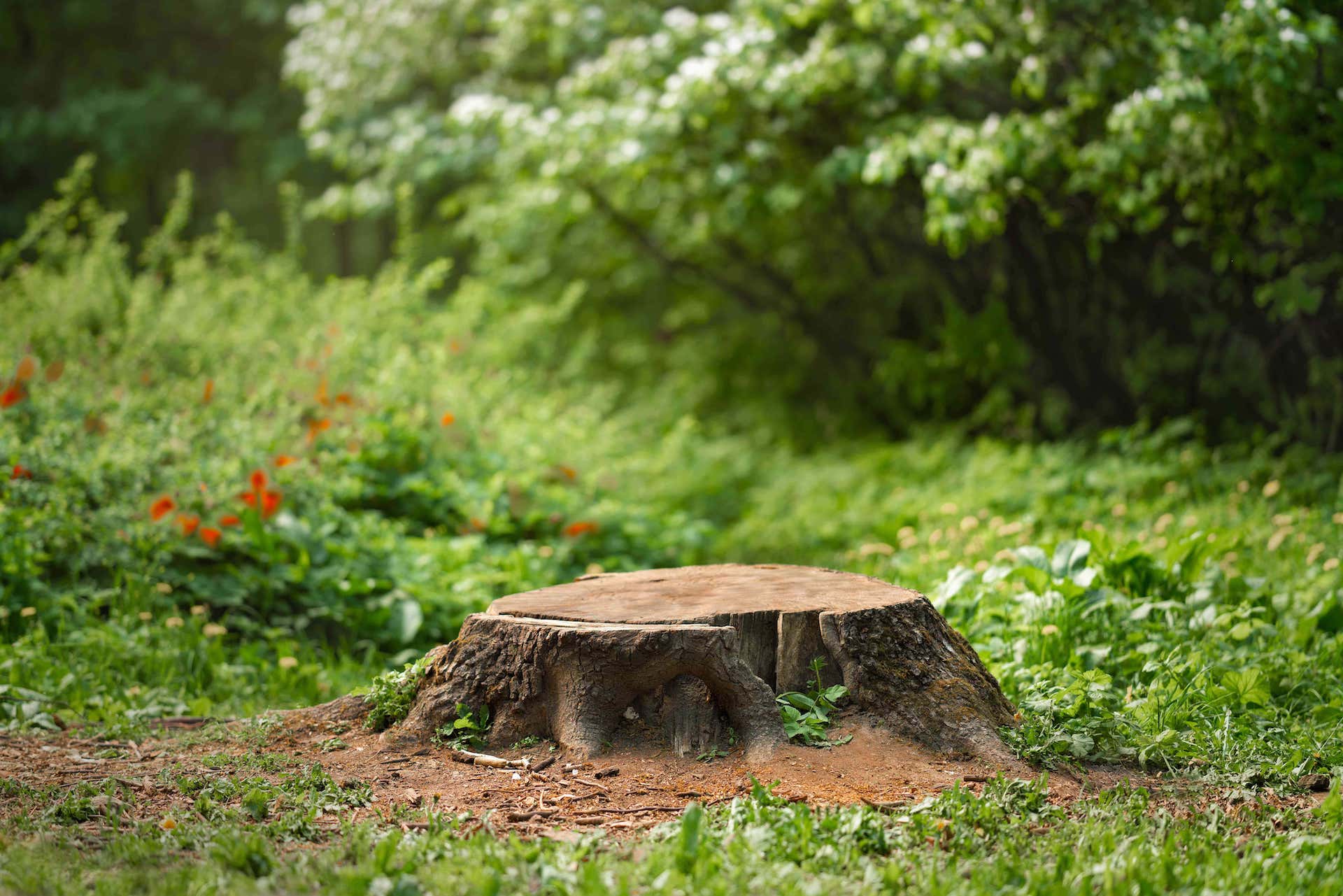
The Importance of Choosing the Right Tree Species for Your Landscape Aug 01, 2025
The first factor to consider is your local climate. Tree species have varying requirements, and a mismatch can lead to poor growth or even tree failure. For instance, trees that thrive in cool, moist climates will struggle in arid and sun-soaked areas. Understanding your region’s climate helps you choose species that will thrive with minimal care. Trees like oaks and maples are robust choices for many areas, but consulting with experts such as Trio Tree Services can help identify more tailored options that suit your specific climate conditions.
Soil type is another important consideration. Different trees demand different soil compositions; some thrive in sandy soils, while others require nutrient-rich, loamy earth. Conducting a soil test can provide invaluable information about the pH and nutrient levels. This ensures that your chosen trees receive the nutrients they need to flourish. Poor soil conditions can lead to stunted growth and increased susceptibility to diseases.
The available space in your landscape also impacts your choice of tree species. It’s essential to consider both canopy width and root spread. Opting for a species that grows too large for its location can lead to structural issues and potential damage to your property. Compact, slow-growing trees like dogwoods or redbuds may be ideal for smaller spaces, while larger environments can accommodate expansive species like red oaks or pine trees. Proper space planning ensures that each tree has room to grow to its full potential without overcrowding.
Aesthetics and maintenance are personal choices that influence your decision. When selecting tree species, consider the look you wish to achieve, whether it’s a vibrant autumn foliage or a serene evergreen setting. Additionally, maintenance levels vary between species. Some trees shed leaves, seeds, or branches more prolifically than others, impacting the amount of upkeep needed. If low maintenance is a priority, consider species known for their resilience and minimal littering.
Furthermore, you must take into account the biodiversity and ecological benefits that tree species can bring. Native trees are superb at supporting local wildlife, providing food and habitat to birds and insects. They are also adapted to local conditions, requiring less water and fertilizer, reducing environmental impact. Incorporating native species enhances biodiversity and creates a healthier ecosystem.
The selection of appropriate tree species extends beyond the individual tree, affecting the overall health of your landscape and local environment. With Trio Tree Services, you gain access to our seasoned expertise. We provide personalized consultations to ensure your trees complement your landscape’s unique characteristics.
Ultimately, choosing the right tree species involves a balance of environmental compatibility, aesthetic preference, and future maintenance considerations. Each choice impacts the look and sustainability of your landscape. We invite you to reach out to Trio Tree Services for expert guidance. Let us help you create a thriving outdoor space that enhances your property’s value and beauty for years to come.
/filters:no_upscale()/media/0e2596d6-87ad-48d5-b502-79981c43b2a1.jpeg)